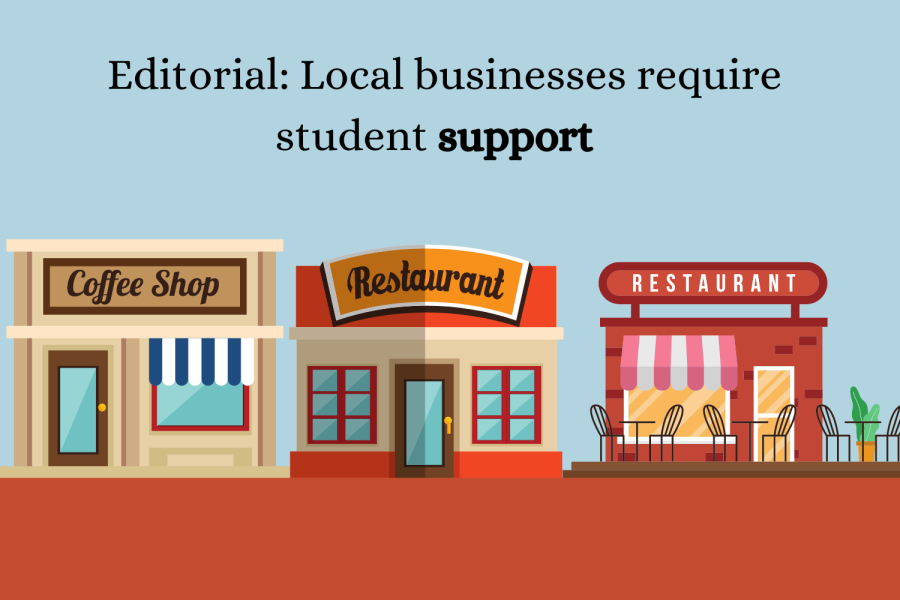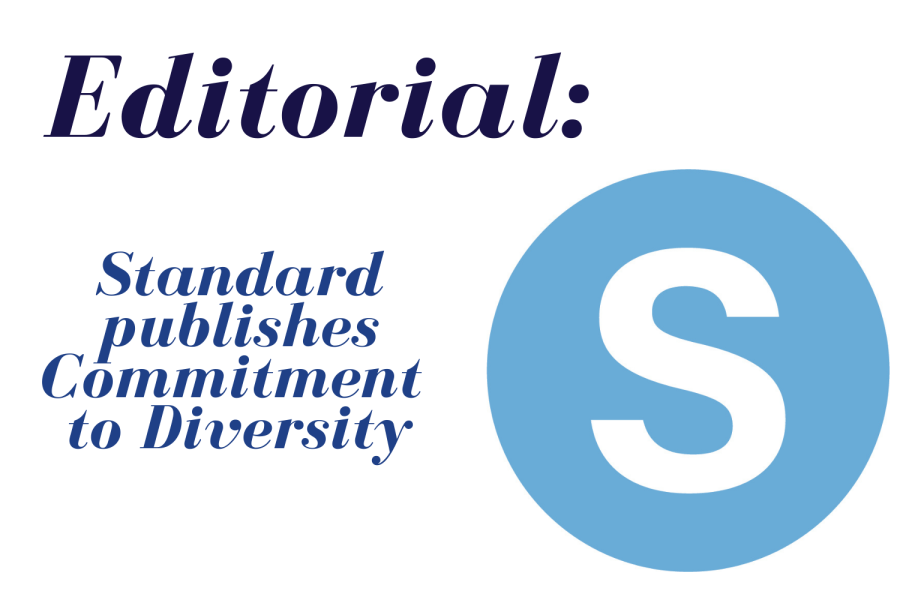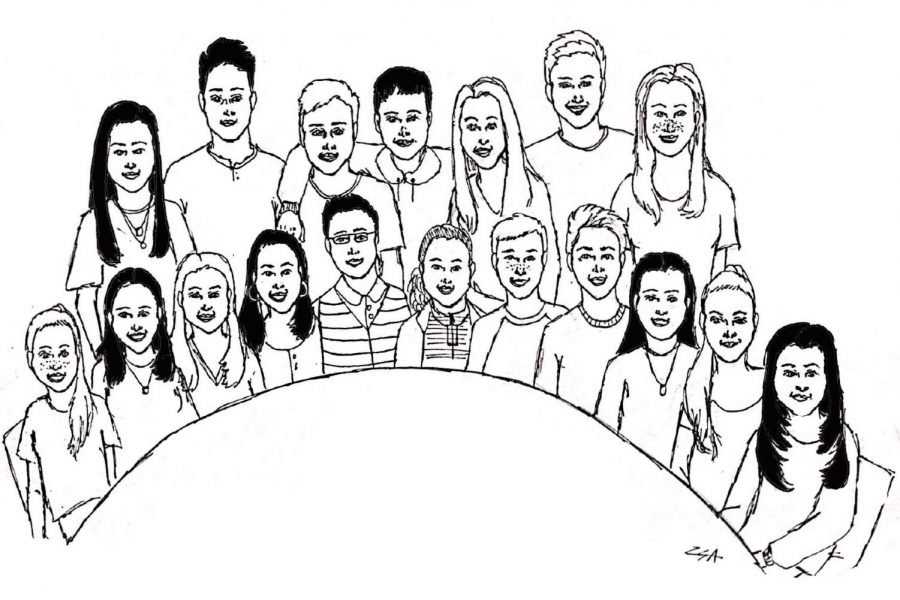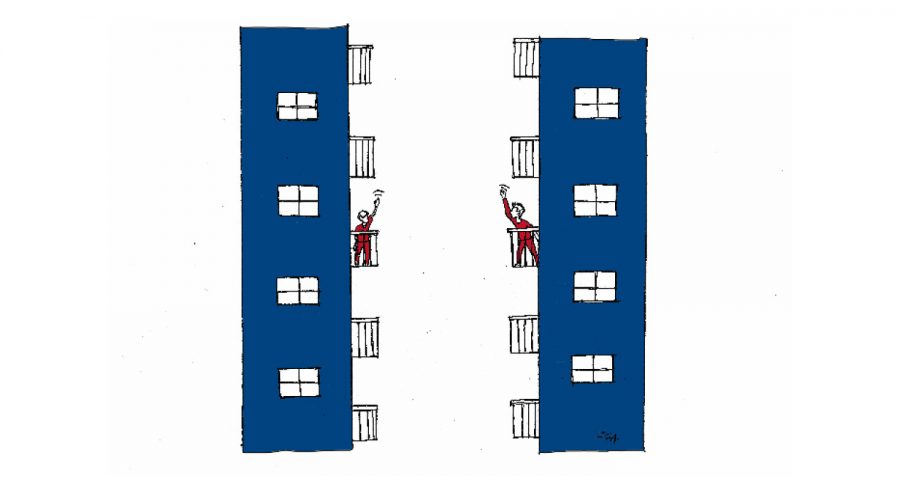The school has become a place where difficult issues are avoided and contentious discussions are shied away from.
Yes, controversial issues are never easy to talk about and divisions may emerge. Yet, how can we, as a student body, as an institution, begin to understand the complex world and its issues without discussion?
The cancellation of this year’s Taliban Day is a prime example of shying away from relevant and difficult discussion.
During Taliban Day, which is based off the book A Thousand Splendid Suns by Khaled Hosseini, students in Middle Eastern Literature are assigned a “husband” or “wife” and must obey the laws that exist in the Taliban regime for an entire school day. The day consists of women wearing a headscarf and not wearing makeup, jewelry, or nail polish. Additionally, a woman can only speak to a man when she is spoken to and must be accompanied by her “husband” at all times. The next day, on Reverse Taliban Day, these rules are reversed and the men experience all the restrictions previously imposed on the women.
This year, Taliban Day was initially postponed, and later cancelled all together, after the Paris attacks were carried out by the Islamic State (IS) on November 13. The cancellation of the day was attributed to the current international situation and anxiety within the school toward terrorism. However, this Editorial Board feels that it is healthy to hold open discussion about our fears within our school, something which Taliban Day would provoke.
Although the day was not cancelled because of faculty concerns, many were raised.
One of the concerns raised was its promotion of gender roles with men escorting women around school. However, this day does the exact opposite. It allows students to understand the true severity of the gender roles imposed by the Taliban. The main concept behind the Taliban culture is to degrade women and deny them basic human rights. Cancelling the day for this reason ignores the many women still living in societies driven by these gender roles.
Another concern raised by teachers was that the day facilitates stereotypes about Muslims, specifically Muslim women, showing them only in an oppressed light.
Granted, some students might echo these concerns, but that should certainly not be a reason to postpone or cancel the day. Instead, this day should be used to defeat the stereotype with ensuing discussions at an assembly and in advisory time.
Many members of our community felt that Taliban Day categorizes all Muslims under one radical umbrella. This justification left us confused. Taliban Day is not a representation of the Muslim faith, but the culture of a radical extremist group. We acknowledge that members of our community don’t make this distinction, which we believe is a larger, and different issue. Yet, we believe that having enlightening and productive discussions about it would be largely beneficial.
This year’s new advisory system introduces an ideal forum for this discussion. By engaging in debate about pressing world issues with a small group of peers and an advisor, students can warm up to the idea of sharing their viewpoints and establishing personal opinions. In the case of Taliban Day, advisory would be the perfect forum to clear up any misconceptions.
The purpose of Taliban Day should be for the entire student body, not just those participating, to gain a better understanding of the oppressive nature of the Taliban regime.
Taliban Day, at its core, is an informative event that sparks necessary discussion, in a safe, school environment. At ASL, we should have the right to discuss topics like this. It’s counterproductive to sugarcoat issues that are a reality for some people around the world. There are frankly few better places to hold an event like Taliban Day than in our school, where we have so many critical, yet open-minded, thinkers.
It is not the duty of a school to tell students what their opinions should be, but it is the duty of a school to create an environment in which students are able to establish their own opinions.
The school should embrace this by facilitating conversations where students can confront contentious issues head on. It should help us promote real, intellectual conversation. It is here, in these conversations, where we can think critically. It is here where the real learning takes place.













